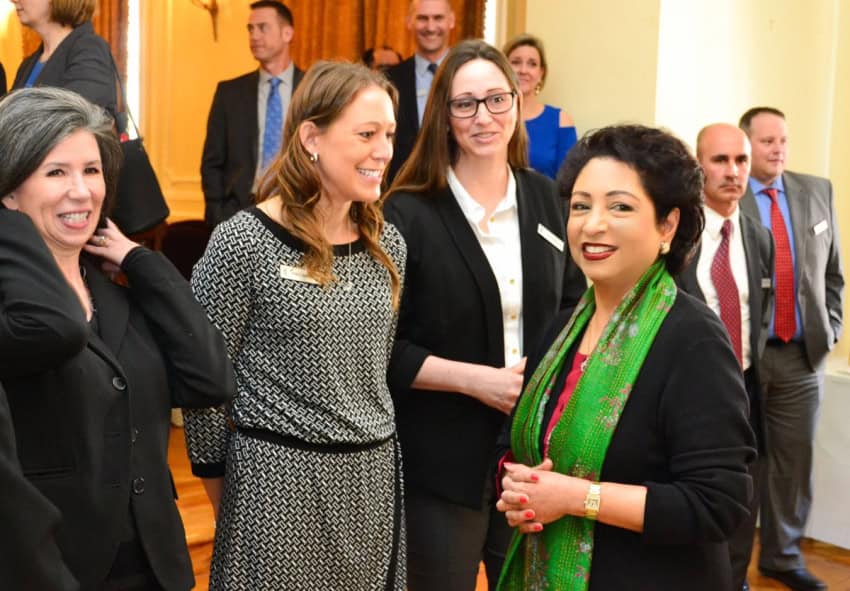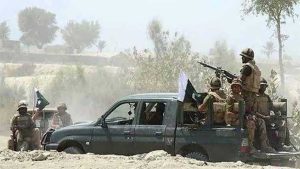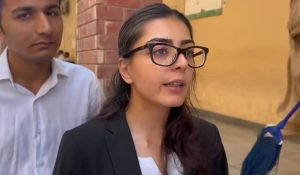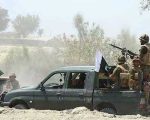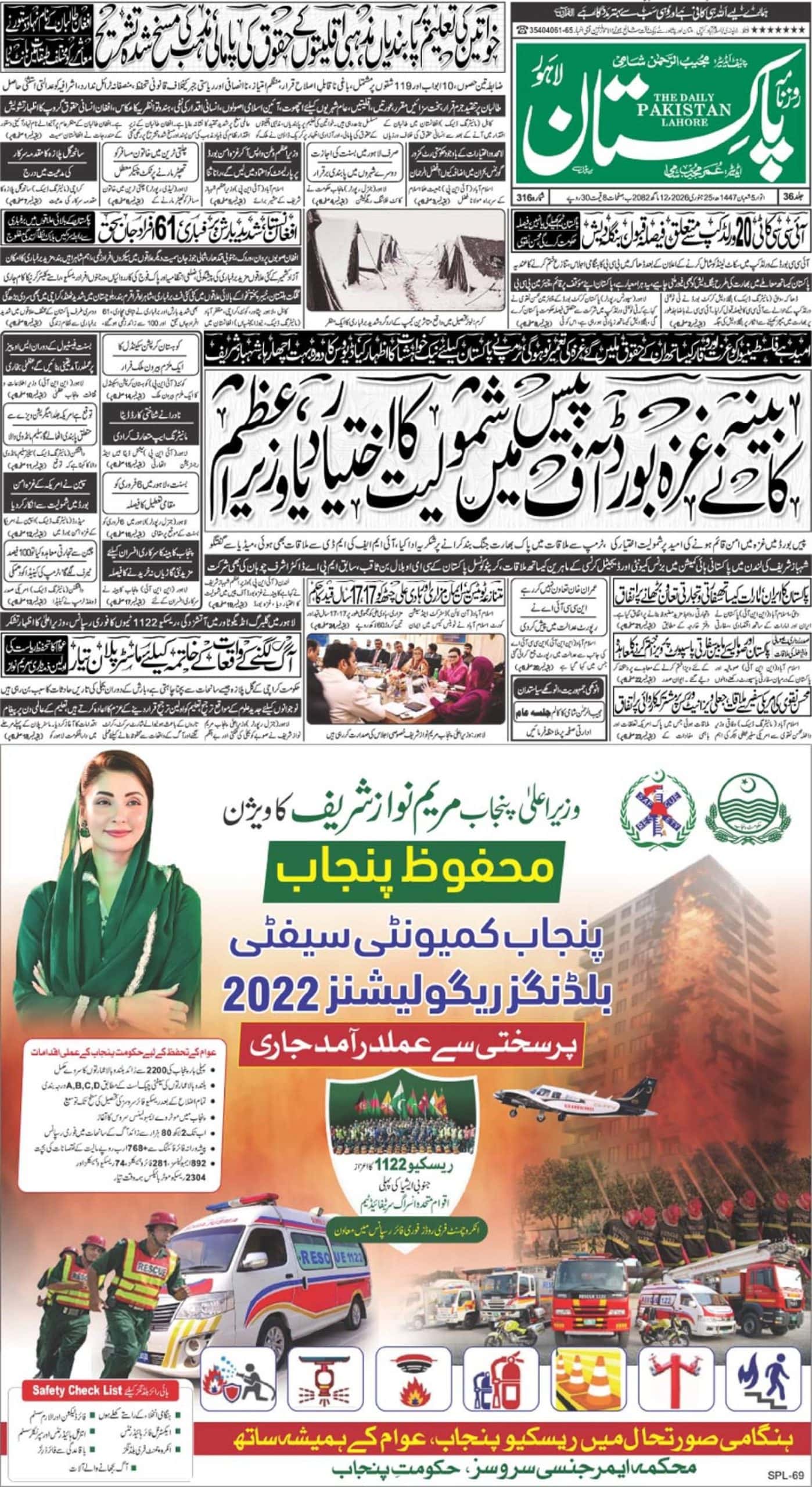NEW YORK – Pakistan’s permanent ambassador to the United Nations Dr Maleeha Lodhi remarked that there is complete agreement on the political and armed front for the promotion of democracy in Pakistan.
Speaking to a delegation from the United States War College the ambassador highlighted that Pakistan has been selected as a member of the United Nations Security Council seven times and a member of the United Nations Human Rights Commission four times.
“Pakistan’s standing at the UN, over the years, is reflected in the multiple times it has been elected to key UN bodies,” Ms Lodhi added.
Pakistan’s engagement at the UN, she said, extends to all three pillars of the UN system – Peace & Security, Development and Human Rights.
Among the world’s top troop contributing countries to UN peacekeeping, Pakistan’s role at the UN has been prominent in the area of hard power, but it has also contributed significantly in the area of soft power.
https://en.dailypakistan.com.pk/headline/pakistan-wins-seats-on-two-key-un-bodies/
Ambassador Lodhi also briefed the delegation in detail on the gains Pakistan has made in the political, security and economic areas.
On the political front, she said, democracy has been strengthened and consolidated with the country experiencing the longest period of uninterrupted democracy in its 70 year history.
“Pakistan will see for the second time in its history the transfer of power from one elected government to another, after elections that are due in a few months time,” the ambassador said. She told the participants that there is now a firm national consensus for democracy in the country and that the military is part of this consensus.
“Democratic institutions and traditions are becoming stronger in Pakistan,” she said, pointing to an independent judiciary, a vibrant media and an expanding and diverse civil society.
On the security front, Maleeha Lodhi said that Pakistan has turned the tide against terrorism in Pakistan. “We have sought to eliminate all terrorist groups through a comprehensive strategy, involving forceful law enforcement actions and targeted military operations as well as actions to counter violent extremism and its toxic narrative,” she added.
She told the participants that Pakistan had launched the largest anti-terrorism operation anywhere in the world, involving the deployment of 200,000 troops. This, she asserted, has produced remarkable results.
Violence-related incidents including bombings and militant attacks in the country have declined dramatically and the terrorist attacks have fallen by almost 60 percent since 2010, and are now at the lowest level since 2006. “This doesn’t mean the challenge is over, but we are now in a much better place,” she added.
Briefing the participants on the economic front, Ambassador Lodhi said that Pakistan has transitioned from a crisis to a stable economy and the economy was poised for rapid growth. The energy crisis, she said, has been an impediment to growth and economic activity, is being addressed and the number of hours of load shedding has been significantly reduced.
On the foreign policy front, Ambassador Lodhi said that the its external engagements and strategy emerge from its key national priorities. The defeat of terrorism and militancy as well as the creation of conditions in which violent extremism cannot survive, she said was first and foremost to establish durable stability.
https://en.dailypakistan.com.pk/pakistan/un-hails-role-of-pakistani-peacekeepers/
Among the other important foreign policy priorities she said was to build a peaceful neighbourhood. This required the promotion of peace and stability in Afghanistan, and normalisation of relations with India on a durable basis, predicated on the peaceful settlement of longstanding disputes.
Another key priority was to promote regional economic integration and connectivity.
“These priorities frame what we do on the international front, guide our multiple foreign relationships and of course our engagement at the UN,” she said.
The briefing was followed by an interactive session with the 40 member delegation.

